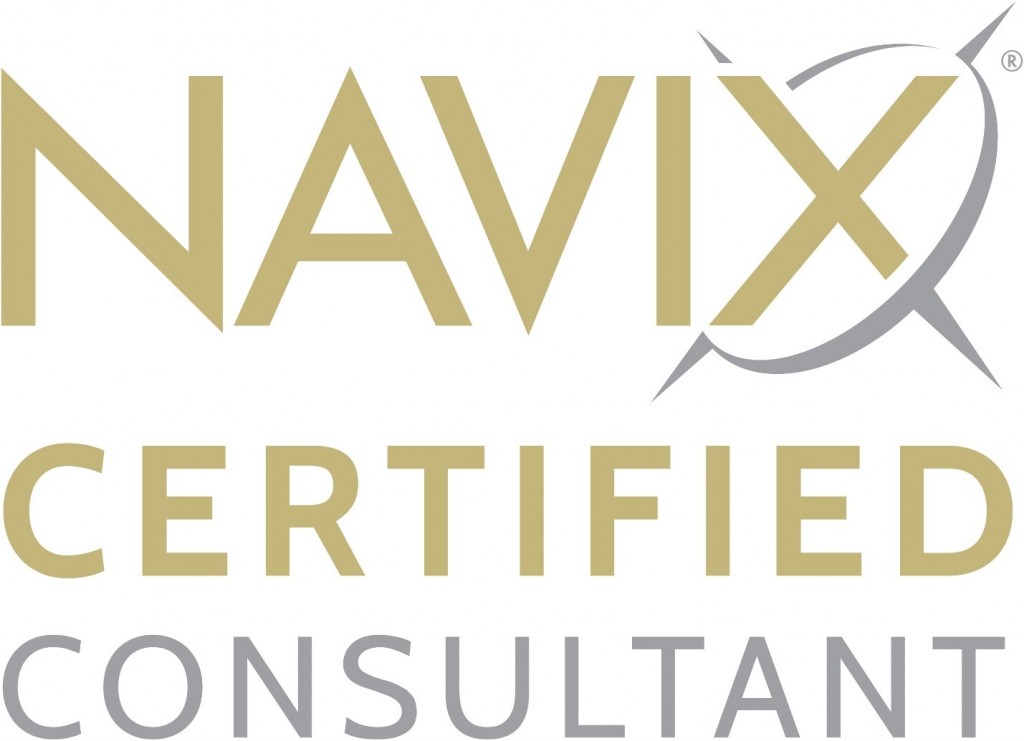Three Reasons to Take the Surplus Cash Out of Your Company
22.07.2019
By: Patrick Ungashick

Too many business owners leave more cash in their company than is necessary. Surplus cash inside the company can cause present and future problems. Here’s how.
First, How Much Cash Does Your Company Need?
Owners and their company’s financial leaders need to answer the question of how much cash the company needs. There are no absolute rules, and every company and industry have specific considerations. Also, how much cash the company needs will change with time as the business grows, market conditions evolve, access to credit changes, etc. While in some cases, the cash question may be difficult to answer; ‘difficult’ does not mean impossible. Leadership teams (with help from outside financial advisors, if needed) must review the company’s recent operations and expected future activities, and then discern how much cash the company needs to meet its operational requirements and growth objectives, with room for a conservative reserve. Many companies have not carefully conducted this analysis or may be working from out-of-date assumptions and paradigms. Once the leadership team has identified the target cash needed, owners should distribute any cash surplus unless there are extenuating reasons not to do so.
There are several reasons why companies might sit on too much cash. A commonly heard justification is holding extra cash helps the owner feel “safe.” Cash is king in times of trouble, so having money readily available in the company’s bank account helps many owners sleep at night. Additionally, many business owners treat “debt” as an altogether bad word. Consequently, the company must hold onto extra cash if there is no sufficient line of credit or other facilities when short term cash is needed. Finally, within entrepreneurial-led companies hoarding cash can be a habit left-over from the days when the company was young and fragile, and founder-owners kept excessive funds as a survival tactic.
Despite these issues, keeping surplus cash in the company is often counterproductive to both immediate and long-term objectives. There are three significant reasons why.
1.Cash in the Company is Exposed to Creditors
Ironically, the feeling that keeping cash in the company increases safety is misplaced. Cash held inside your company is exposed to business creditors, whereas cash held personally is not (unless specifically pledged such as under a personal guarantee). Creditors can be known, like your bank, vendor, or landlord, or can be unknown, acting as a disgruntled former employee or disappointed customer who is preparing to bring a claim against the company. The safest place for cash is likely outside your company.
2.Taking Cash Home Reduces Personal Stress
Many business owners have the majority of their net worth tied up in their company and its supporting assets. This concentration may have caused you little stress when you were younger and tolerated the risk, and when the company’s value was modest. Over time, however, the company grows in value while simultaneously, you get older and perhaps become less risk tolerant. Having a large portion of net worth tied up in the company eventually develops into a stressful situation, for both you and often your family members who share in this risk. Distributing excessive cash can reduce an owner’s stress level and help family members find greater peace of mind.
We see this frequently. A recent former client had a net worth of about $15 million, of which $12 million was the estimated value of his company and the balance mostly tied up in real estate. Troubled by his concentration and illiquidity, the client was rushing to sell some or all of his company. Before committing to a sale, we helped the client identify that his company was sitting on about $2 million in surplus cash. After some cajoling, the client agreed to take a one-time distribution for this amount. After taxes, the client had nearly $1.5 million sitting in his personal bank account. His eagerness to sell the company cooled, and he adopted a more disciplined and less emotional approach to his exit plans.
3.Excessive Cash in the Company Causes Problems at Sale
Excessive cash in the company can become a problem when selling the company. Buyers don’t want to purchase a company stripped bare of cash or cash equivalents—the business must have sufficient working capital to support its operations and expected growth. The funds required to support current and planned operations generally will remain in the company at sale, and thus go to the buyer. Any cash not needed for working capital will be a surplus and typically goes with you the seller.
You can foresee the issue—how much working capital needs to be left in the company will be a point of discussion (and likely negotiation) between you and your buyer. To the extent that you have left more cash in the company than it truly warranted, you have made it easier for the buyer to argue that a more considerable amount of money must be left in the business. That’s the value you would lose. If you find yourself in this situation, to avoid losing that cash, you can have an accounting firm review and reconstruct the company’s actual working capital needs—an expensive project in most cases. The alternative and better solution are to avoid the problem in the first place by not leaving surplus cash in the company.
Getting ready for exit often involves taking steps that seem contrary to how you have managed your company, and your preparations must start no later than five years before you intend to exit. Holding onto too much cash ironically can make it more difficult to exit successfully.
If you have a quick question coming out of this article or, if you want to discuss your situation in more detail, we can set up a confidential and complimentary phone consultation at your convenience contact Tim 772-221-4499.

 Tim is a Consultant to Business, Government and Not-for-Profits Organizations specializing in innovative and challenging ways for organizations to survive, to thrive and to build their teams.
Tim is a Consultant to Business, Government and Not-for-Profits Organizations specializing in innovative and challenging ways for organizations to survive, to thrive and to build their teams.